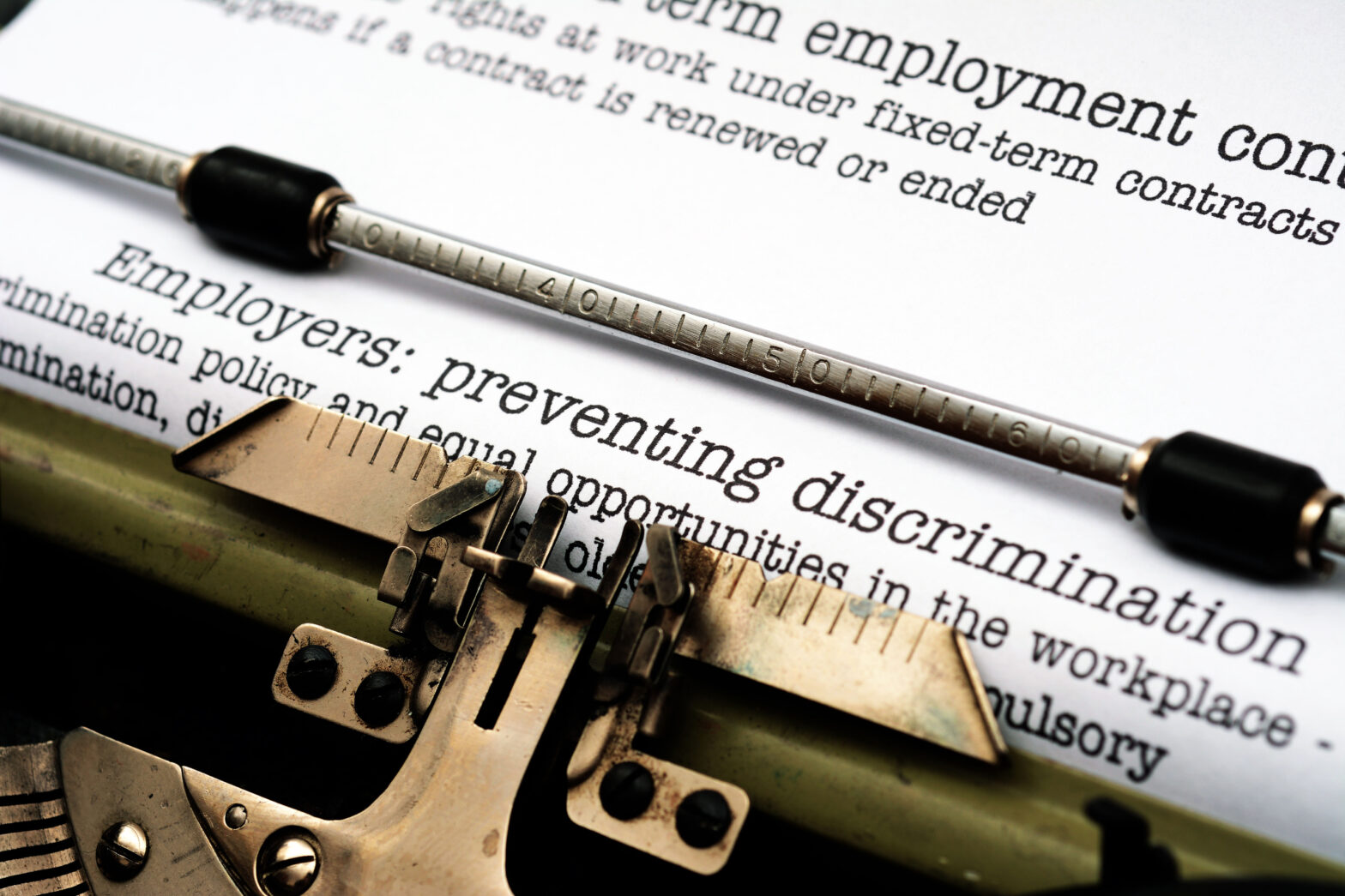Age and gender are the most prevalent types of discrimination at 27 per cent and 23 per cent respectively, with women experiencing the greater percentage of gender discrimination at 37 per cent as opposed to 12 per cent for men, according to a study by law firm Fisher Jones Greenwood.
Race/nationality and physical appearance (15 per cent each) are the second most prevalent types of discrimination, followed by social class (12 per cent) and disability/illness (11 per cent).
Least prevalent is sexual orientation at 6 per cent, according to the survey of 1,600 people.
The public sector is the working environment in which most discrimination has occurred with 16 per cent reporting some form of discrimination, whereas banking and finance report only 8 per cent.
Other industries where discrimination is most prevalent are teaching and education (12 per cent), retail and sales (11 per cent), health and social care (10 per cent), hospitality and travel (9 per cent).
Around a third of discrimination cases are ‘hidden’ as few people report them or take the issue to management. Despite this hidden nature of discrimination, just over one in ten (11 per cent) of those discriminated against sought legal advice or went on to a tribunal – both potentially costly outcomes for the organisation involved.
In two thirds of cases, employees did report the discrimination to senior staff, HR departments or sought advice from the Citizens’ Advice Bureau (or similar).
Therefore Fisher Jones Greenwood believes that employers also need to ensure that they have robust policies in place to ensure that their organisation effectively deal with these cases as and when they arise.
The firm recommends companies follow a a multi-step procedure to ensure that they are prepared should an employee feel that they have been discriminated against.
- Ensure that there are suitable policies in place which inform employees of the appropriate channels for raising issues or concerns. Make these easily accessible; include them in the employee handbook and within any induction material; ensure that employees have read relevant documents and are aware of where information can be found at a later date.
- Ensure staff are provided with appropriate equal opportunities training and that the organisation keeps records of the training undertaken by each employee. Make employees aware that discriminatory behaviour of any form is treated very seriously and if proven, will result in disciplinary action being taken.
- Keep comprehensive records of any grievance and/or disciplinary meetings and ensure that those staff conducting such procedures both understand and properly implement the employer’s policies. Following this process should ensure that there is a clear, thought out procedure which will protect both employers and employees.





